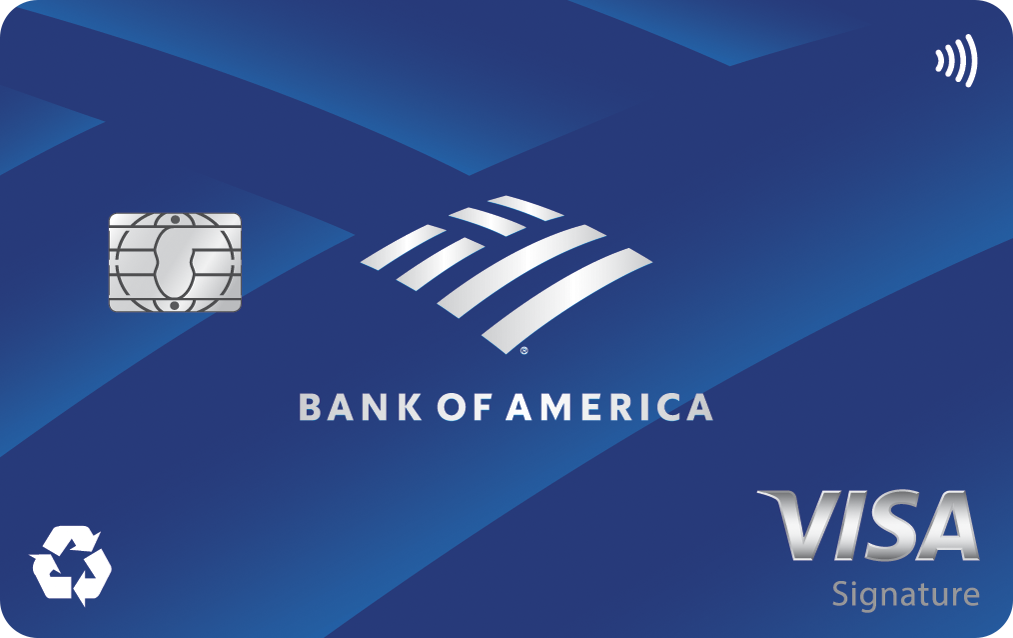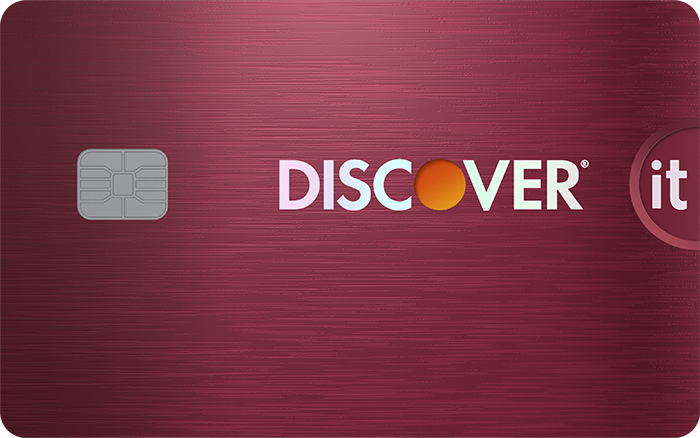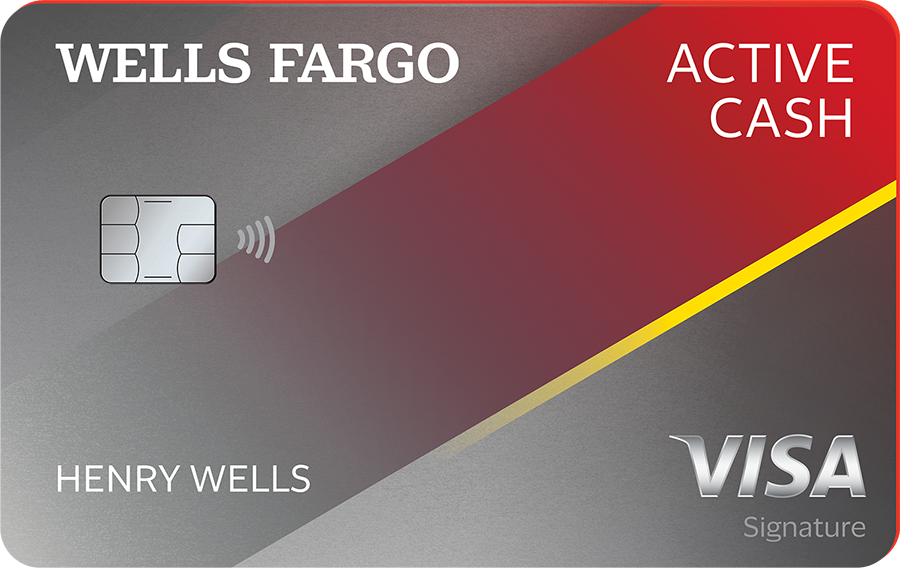- Paying off debt with cash, loans, or refinancing can boost your credit score. Balance transfers and credit lines usually don’t.
- Use less than 30% of credit usage for a better score. Don’t close cards after paying them off to maintain your available credit.
- Expect score improvement within a month after paying down debt. Keep accounts open for maximum benefit.
For most people, credit scores are a mystery; even credit experts don't know every last thing about how credit scores are calculated -- and what makes them change. If you pay off credit card debt, for instance, will your credit score go up -- or down? Here's what you need to know.
If I pay off my credit card in full, will my credit go up?
Yes. (Usually.)
Here's a short chart showing different methods of paying off credit card debt and how they usually impact your credit score.
| Method used to pay off credit cards | Usual impact on credit score |
|---|---|
| Cash or check | Boost in score |
| Personal loan, debt consolidation loan | Boost in score |
| Cash-out refinance | Boost in score |
| Line of credit, HELOC | No change |
| Balance transfer credit card | No change |
Note: Depending on your circumstances, you may not see these effects on your credit score. We'll explain more about how your credit score is calculated below so you can take all factors into account.
Credit card comparison
We recommend comparing options to ensure the card you're selecting is the best fit for you. To make your search easier, here's a short list of standout credit cards.
| Offer | Our Rating | Welcome Offer | Rewards Program | APR | Learn More |
|---|---|---|---|---|---|
|
Rating image, 4.50 out of 5 stars.
4.50/5
Our ratings are based on a 5 star scale.
5 stars equals Best.
4 stars equals Excellent.
3 stars equals Good.
2 stars equals Fair.
1 star equals Poor.
We want your money to work harder for you. Which is why our ratings are biased toward offers that deliver versatility while cutting out-of-pocket costs.
|
Discover will match all the cash back you’ve earned at the end of your first year. | 1% - 5% Cashback Earn 5% cash back on everyday purchases at different places you shop each quarter like grocery stores, restaurants, gas stations, and more, up to the quarterly maximum when you activate. Plus, earn unlimited 1% cash back on all other purchases. |
Intro: Purchases: 0%, 15 months Balance Transfers: 0%, 15 months Regular: 18.24% - 27.24% Variable APR |
||
|
Rating image, 5.00 out of 5 stars.
5.00/5
Our ratings are based on a 5 star scale.
5 stars equals Best.
4 stars equals Excellent.
3 stars equals Good.
2 stars equals Fair.
1 star equals Poor.
We want your money to work harder for you. Which is why our ratings are biased toward offers that deliver versatility while cutting out-of-pocket costs.
|
$200 cash rewards Earn a $200 cash rewards bonus after spending $500 in purchases in the first 3 months. | 2% cash rewards Earn unlimited 2% cash rewards on purchases. |
Intro: 0% intro APR for 12 months from account opening on purchases and qualifying balance transfers Purchases: 0% intro APR, 12 months from account opening Balance Transfers: 0% intro APR, 12 months from account opening on qualifying balance transfers Regular: 19.24%, 24.24%, or 29.24% Variable APR |
||

Apply Now for Bank of America® Travel Rewards credit card
On Bank of America's Secure Website. |
Rating image, 4.00 out of 5 stars.
4.00/5
Our ratings are based on a 5 star scale.
5 stars equals Best.
4 stars equals Excellent.
3 stars equals Good.
2 stars equals Fair.
1 star equals Poor.
We want your money to work harder for you. Which is why our ratings are biased toward offers that deliver versatility while cutting out-of-pocket costs.
|
25,000 points 25,000 online bonus points after you make at least $1,000 in purchases in the first 90 days of account opening - that can be a $250 statement credit toward travel purchases | 1.5-3 points per dollar Earn unlimited 1.5 points per $1 spent on all purchases, with no annual fee and no foreign transaction fees, and your points don't expire as long as your account remains open. Earn 3 points per $1 spent on travel purchases booked through the Bank of America Travel Center. |
Intro: 0% Intro APR for 15 billing cycles for purchases. 0% Intro APR for 15 billing cycles for any balance transfers made in the first 60 days. After the intro APR offer ends, 18.24% - 28.24% Variable APR on purchases and balance transfers will apply. A 3% fee for 60 days from account opening, then 4% fee applies to all balance transfers. Balance transfers may not be used to pay any account provided by Bank of America. Purchases: 0% Intro APR for 15 billing cycles for purchases Balance Transfers: 0% Intro APR for 15 billing cycles for any balance transfers made in the first 60 days Regular: 18.24% - 28.24% (Variable) |
Apply Now for Bank of America® Travel Rewards credit card
On Bank of America's Secure Website. |
What goes into my credit score calculation?
Every consumer's credit history is unique. And most credit scoring agencies don't publish their formulas.
However, FICO -- the most commonly used credit scoring agency -- does publish what types of data it considers, and how much it weighs each factor.
Here are FICO's official scoring factors:
- Payment history (35% of score)
- Amounts owed (30% of score)
- Credit history length (15% of score)
- Credit mix (10% of score)
- New credit (10% of score)
To understand your credit score, ask yourself these five questions:
- Do you pay all your debts on time every month? (Payment history)
- Are you maxing out your credit cards? (Amounts owed)
- Do you have a solid history of paying back debt? (Credit history length; older is better)
- Do you know how to manage a variety of types of debt? (Credit mix)
- Have you applied for several new loans, credit cards, or other forms of credit recently? (New credit)
What is my credit utilization rate?
When companies are deciding your credit score, they compare how much you've borrowed to how much credit you have available. This is your credit utilization rate. It factors into the "Amounts Owed" category of credit score.
Here's an example:
| Amount owed on credit card | Credit card limit | Credit utilization ratio | Good or bad? |
|---|---|---|---|
| $500 | $500 | 100% | Bad |
| $500 | $1,000 | 50% | Bad |
| $500 | $2,000 | 25% | Good |
FICO looks at utilization across all of your credit cards, but it also considers individual cards. For a good credit score, try to keep your credit utilization at about 30% or less per card.
Since lower utilization is better, reducing it typically increases your credit score. When you pay off credit card debt and your score goes up, you can credit most of that boost to this one factor.
How much will credit score increase after paying off credit cards?
Improvement depends heavily on how high your utilization was in the first place.
If you're close to maxing out your credit cards, your credit score could jump 10 points or more when you pay off credit card balances completely.
If you haven't used most of your available credit, you might only gain a few points when you pay off credit card debt. Yes, even if you pay off the cards entirely.
TIP
Because your utilization is the ratio of your current credit card balances to your credit card limits, it's important to keep your credit cards open. $0 owed on a card with a $1,000 limit is impressive. $0 owed when you have no credit cards doesn't pack the same punch.
How long after paying off credit cards does credit score improve?
You should see your score go up within a month (sometimes less).
Your credit card issuer typically sends an updated report to credit bureaus once a month when your statement period ends. A new credit score is calculated every time your credit is pulled, and the new score uses the latest balance information. So you should see the results of these payments as soon as your balances update on your credit reports.
This is fast compared to other methods. Some ways of boosting your credit can take months or even years.
Why did my credit score go down when I paid off my credit card?
When your credit score goes down after you pay off a credit card, it's typically because you closed your account. Why? Once again, it boils down to utilization.
Credit utilization decreases when you pay off credit card balances. But this only works if your total available credit stays the same.
When you close a credit card, you lose access to that credit line. This means your total available credit decreases. If you have balances on your remaining credit cards, a decrease in your total available credit can cause your utilization rate to rise.
To avoid this, pay off credit card balances without closing your accounts. Of course, if you have problems using your card responsibly -- or the card has an annual fee -- it may be worthwhile to close the account, despite the potential impact on your score.
Less debt, better scores -- it's a win-win
It's always a good idea to pay off credit card debt monthly, regardless of how that debt repayment impacts your credit scores. Unless you have an intro APR deal, any outstanding balance carried from month to month accrues interest -- at a high interest rate.
Happily, you don't have to choose between paying down high-interest debt and your credit score. When you pay off credit card debt, you almost always see an improvement in your credit score. It's hard to predict how much your credit score will change, but hopefully, this guide helps you estimate the potential change.
FAQs
-
This depends on your credit utilization rate. Basically, the more credit you use, the less trustworthy credit bureaus regard you, and the lower your score. If you suddenly pay off a lot of credit, your score could go up. But if you close a card completely, your credit score might actually go down.
-
Credit bureaus don't care when you pay off your credit card, so long as you're not late. But they do care about credit utilization. Occasionally, paying your credit card early will lower your credit utilization right before banks report to FICO, potentially boosting your score a bit extra.
Generally speaking, consistency matters way, way more than sometimes paying early.
We're firm believers in the Golden Rule, which is why editorial opinions are ours alone and have not been previously reviewed, approved, or endorsed by included advertisers. Motley Fool Money does not cover all offers on the market. Motley Fool Money is 100% owned and operated by The Motley Fool. Our knowledgeable team of personal finance editors and analysts are employed by The Motley Fool and held to the same set of publishing standards and editorial integrity while maintaining professional separation from the analysts and editors on other Motley Fool brands. Terms may apply to offers listed on this page.
The Motley Fool owns shares of and recommends Visa.

